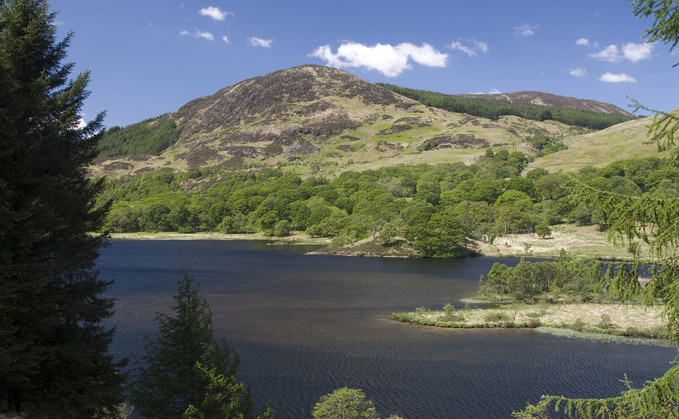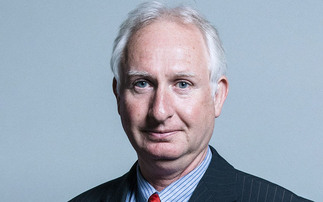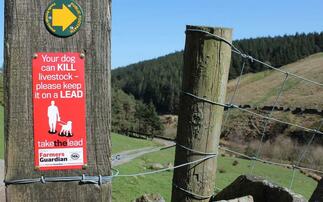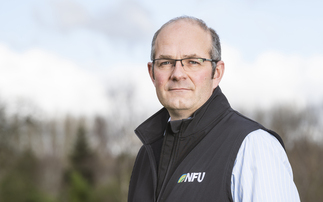
NFU Scotland's regional chair for Dumfries and Galloway, Stewart Wyllie said: "Our members feel that their concerns have been dismissed and that this process has been more about ticking boxes than genuine consultation. Many have described it as a ‘cloak-and-dagger' approach, where key details about the Park's operation remain unknown."
NFU Scotland has opposed plans for a new National Park in Galloway, emphasising that the current proposal lacks clear 'benefits for farmers, food producers, and the rural economy'. Over the past three...








.png)








